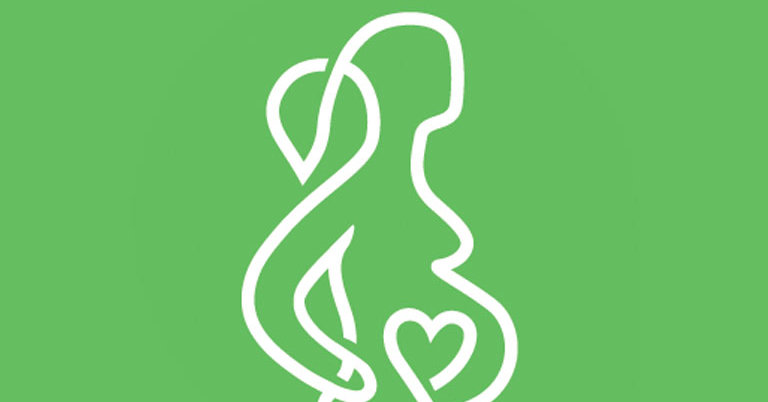
Stress early in pregnancy is associated with reduced sperm counts and lower testosterone levels in adult sons, a new study has found.
The study, in Human Reproduction, included 643 men, 407 of whose mothers had been exposed to a stressful event within the first 18 weeks of pregnancy: death of a relative or friend, job loss, divorce, pregnancy concerns, marital problems, money issues or other stresses.
The researchers examined the men when they were 20 years old. They found that on average, compared with men unexposed to maternal stress, those who were exposed to three or more stresses in early gestation had a 36 percent lower sperm count, 12 percent lower sperm motility (that is, fewer sperm swimming efficiently), and 11 percent lower blood testosterone levels.
The critical development period for the normal growth of male reproductive organs is 8 to 14 weeks’ gestation, and the association was not significant after 18 weeks of pregnancy.
The senior author, Dr. Roger Hart, a professor of medicine at the University of Western Australia, acknowledged that this is an observational study, and that detecting associations 20 years later can be problematic.
Still, he said, there is a health message here: “The time to get pregnant is when you’re healthiest, both physically and psychologically, and with an environment around you that is free of stress.”

